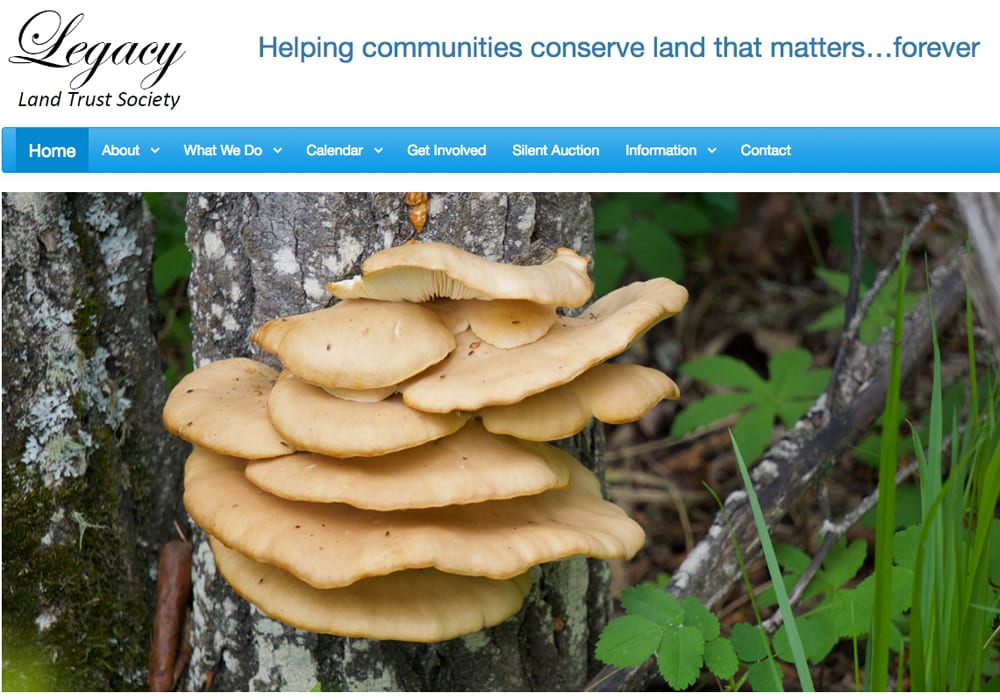There are tax benefits for Albertans when putting ecologically sensitive land into a conservation trust, but there are no equivalent benefits for those wanting to protect productive, cultivated farmland from urban encroachment or development.
Kim Good, president of the Legacy Land Trust Society, and Stan Carscallen, a Calgary lawyer and rancher, want to change that.
They are working to establish the Alberta Farmland Trust, a vehicle through which landowners could ensure productive land is retained for food production.
“People that I know of and I deal with are greatly concerned and becoming ever more concerned about the consumption of good producing agricultural land in the province through … residential subdivision and industrialization,” said Carscallen.
Read Also

New Alberta funding for program hopes to further unlock agritourism industry in province
Alberta Farm Fresh Producers Association is launching a new initiative thanks to $300,000 of provincial funding to bolster Alberta’s smaller scale family farms and agritourism sector.
However, if those people want to put an easement on that farmland, they are not eligible for tax benefits from the federal Ecological Gifts Program. That program is open only to those who conserve land certified as ecologically sensitive.
“There is no equivalent program for agricultural land,” Carscallen said.
“If you have a really fine piece of grain producing land down there at Rosemary, Alta., or Taber, or east of Lethbridge — some of that beautiful farmland — a number of farm families that I run into in my legal practice and my other involvement in agriculture would really like to stamp their land as I am doing, but they’d like to stamp it to preserve it for agriculture.”
Carscallen recently entered a conservation easement on ranchland he owns near Turner Valley.
Other provinces have programs in place to protect farmland, notably British Columbia with its Agricultural Land Reserve. Ontario and some Maritime provinces also have programs.
Such arrangements are more common in areas where farmland is scarce. The vast farm fields of the Prairies don’t suffer from that perception, but preservation is nevertheless a concern for some.
Good said the Alberta Land Stewardship Act has provision for creating easements on agricultural land, but the tax and financial implications do not encourage people to do that.
If they do, Good said, it is generally considered a deemed disposition, which can trigger capital gains.
“Essentially what it means is there’s been a change in the rights associated with that land and then it triggers capital gains tax. Most farmers have unused capital gains exemption, but we think it’s unfair that they should be subject to those when making a gift. That’s one limitation or challenge that comes,” Good said.
Landowners would receive a tax receipt to be used against capital gains or other income, “but they’ve made a gift so why should they kind of get dinged with a capital gain?”
Barrie Clayton, a landowner in Rockyview County, which surrounds Calgary, said he has long been interested in mechanisms to protect productive land.
He is troubled by what he deems the sporadic development permitted around city environs. If landowners had a mechanism to preserve farmland while getting tax benefits and cash in hand, cultivated land could be better protected from industrial encroachment and urban sprawl.
“I would really like to have the same kind of provisions for productive cultivated land, but I’m finding it somewhat difficult,” said Clayton.
“We can do it, but there’s a tax cost in doing it since we don’t qualify for the eco-gifts program.… If there were provisions for conserving productive cultivated land the same as we have for wetlands and native grasslands, then it would make it possible for people who want to conserve productive food-producing land to do so.”
A lot of farmland was acquired when land values were low, said Clayton. Capital gains are thus a major factor when selling and when making succession plans involving land transfer.
“If there was an option for obtaining some cash by putting on a conservation easement, which would allow the land to continue as agricultural production but with some restrictions and free up some cash to allow succession planning, that would certainly aid the long-term land use plans.”
Good said that once the farmland trust is established, fundraising will be required to handle legal costs, land appraisals, development of agreements and ongoing stewardship of the easements.
“To raise money for the environment, we’ve been doing that forever,” she said. “Society kind of gets that. But to raise it for agricultural land, it’s a new thing.”
The next step after that will be to encourage the government to provide tax benefits similar to the ecological gift program.
“No one has created that yet, but it’s about time,” Carscallen said.
“(It’s important) for people to understand that the food producing land has to be conserved. It has to be preserved.… We need to talk to politicians into waiving the capital gains tax when a farmer decides to put a conservation easement on.”
















